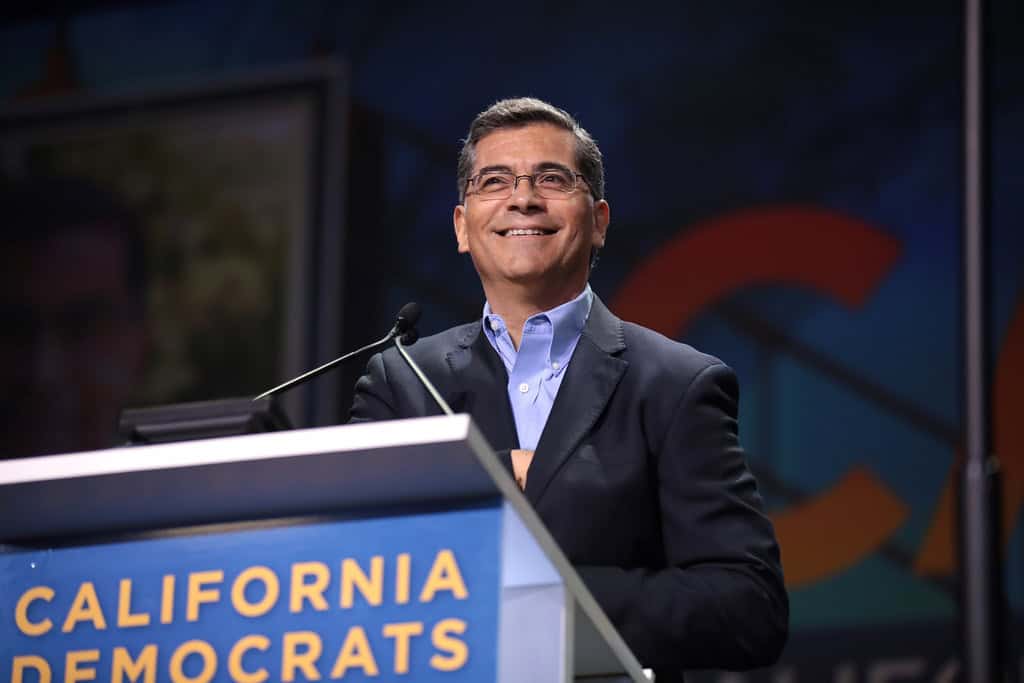Amicus Briefs
American Hospital Association v. Becerra
CASE SUMMARY
NCLA argued that the D.C. Circuit improperly applied Chevron deference to HHS’s interpretation of a statute that allowed the agency to set reimbursement rates for the plaintiffs, a group of hospitals participating in the Section 340B Drug Pricing Program.
NCLA’s amicus brief focused on the improperly truncated nature of the appeals court’s Chevron analysis. The district court held in December 2018 that HHS’s reimbursement rates were based on an improper construction of Medicare statutes. But in July 2020, a divided D.C. Circuit panel reversed the ruling, holding that HHS’s statutory construction was entitled to Chevron deference because it was “reasonable” and was not excluded by the statutory language. In doing so, the D.C. Circuit upheld HHS’s decision to lower drug reimbursement rates for Section 340B hospitals. Rather than undertaking a thorough statutory analysis and determining which side had the stronger arguments, the D.C. Circuit simply threw up its hands and declared, “when competing readings of a statute would each occasion their own notable superfluity, that manifests the kind of statutory ambiguity that Chevron permits the agency to weigh and resolve.” Dodging the Chevron deference issue entirely, the U.S. Supreme Court held that HHS plainly violated the Medicare statute by authorizing different reimbursement rates for hospitals based on “the hospital group” involved.
Under the Chevron doctrine, courts defer to an administrative agency’s “reasonable” interpretation of a statute, even if the reviewing court thinks that there is a better, competing interpretation. Chevron deference compels judges to abandon their duties of independent judgment, thereby undermining separation-of-powers principles.
OUR TEAM
RELEVANT MATERIALS
NCLA FILINGS
PRESS RELEASES
Supreme Court Rules Against HHS’s Lowering of Reimbursements to Hospitals, in NCLA Amicus Win
June 15, 2022 | Read More
Chevron Deference Should Be Abandoned Says NCLA in Hospital Reimbursement Lawsuit Amicus Brief
September 10, 2021

